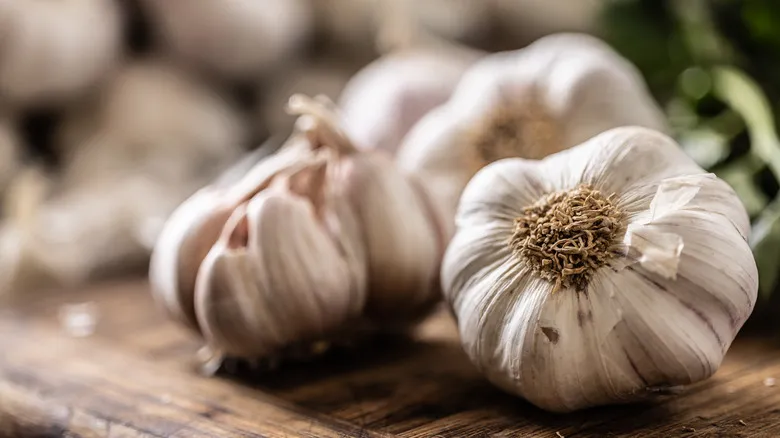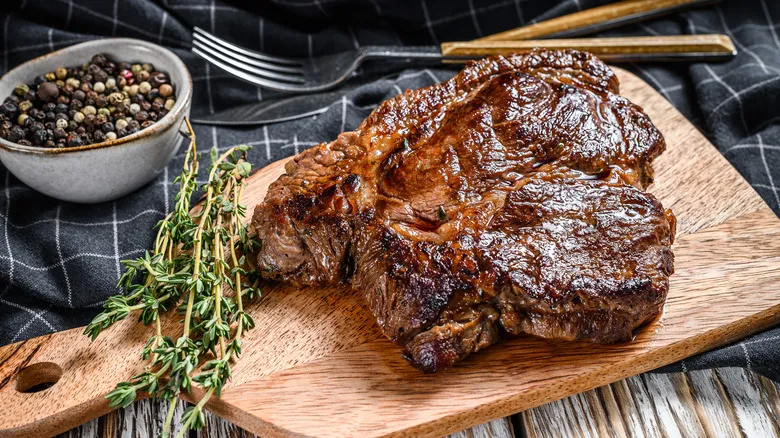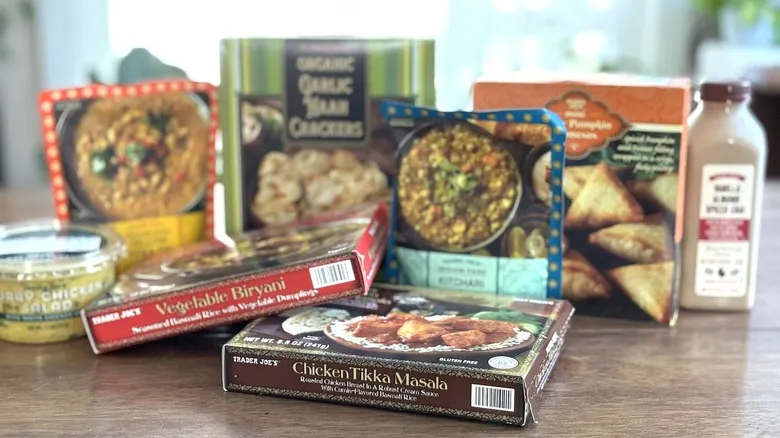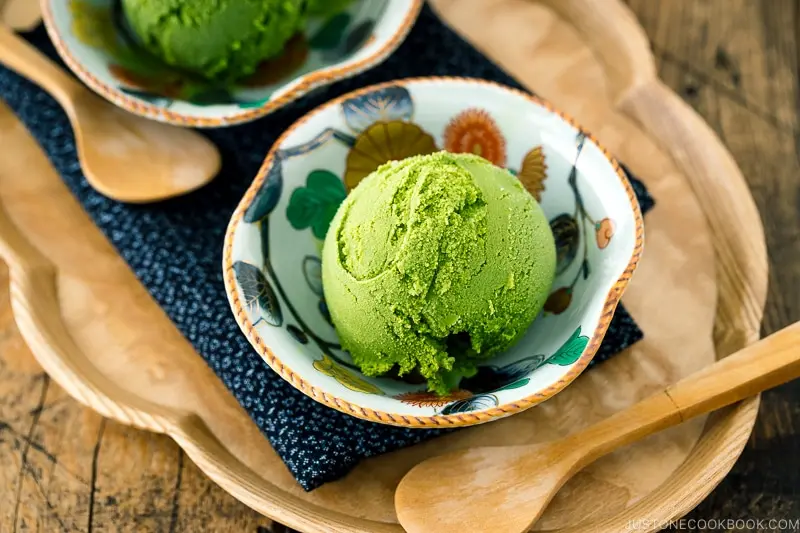How to tell if it's time to toss your garlic
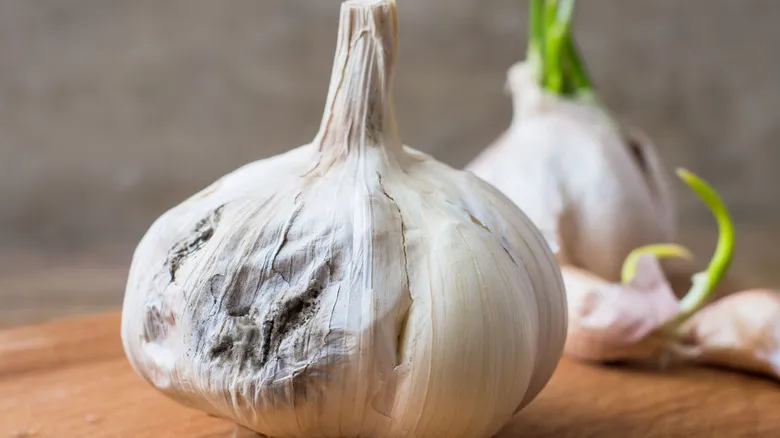
Even when stored properly, garlic will begin to deteriorate after six months, necessitating its disposal. Fortunately, identifying spoiled garlic is relatively straightforward, as there are clear indicators. For instance, garlic that is old or kept in a damp or poorly ventilated area may develop mold and soft spots. Mold will be visible on the bulb's exterior, while mushy areas will manifest as black or brown patches on the skin. Additionally, while sprouting garlic is technically safe to consume, it tends to have a bitter taste. If your garlic emits an unpleasant odor, it should also be discarded.
Although it is uncommon for spoiled garlic to cause illness, it can contain Clostridium botulinum. This is why garlic sold in oil often includes citric acid to inhibit bacterial growth and prevent the production of the toxin responsible for botulism. Despite the minimal risk, it is advisable to promptly dispose of any spoiled garlic rather than attempting to salvage it by cutting away the bad parts.
Recommended

The Best Way To Freeze Individual Cake Slices For A Sweet Treat Any Time
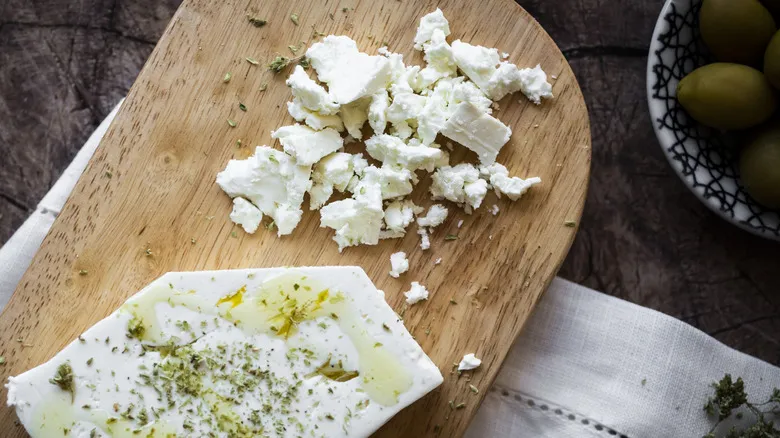
How Long Is Feta Cheese Good For Once It's Been Opened?
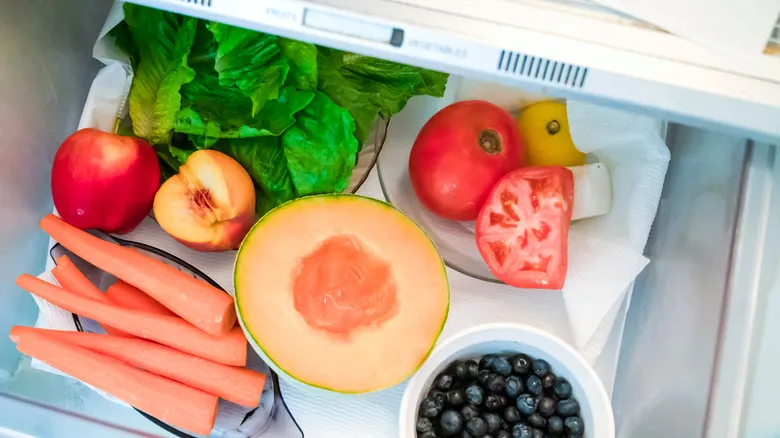
The Foods You Should Be Storing In Your Fridge's Crisper Drawer
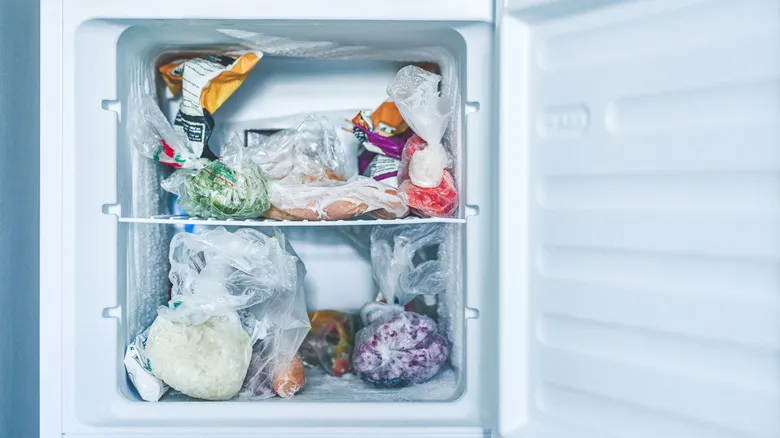
5 Tips To Maximize Your Freezer Space Just In Time For The Holidays
Next up

